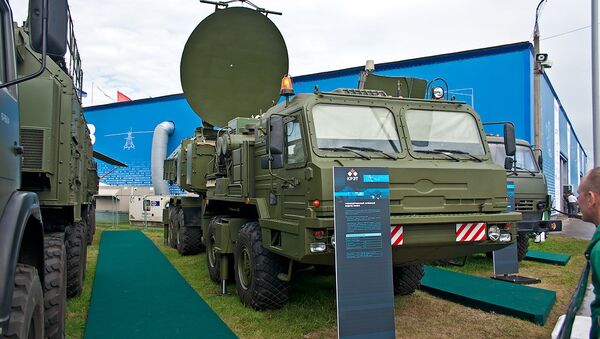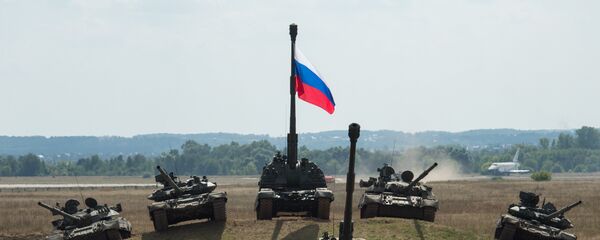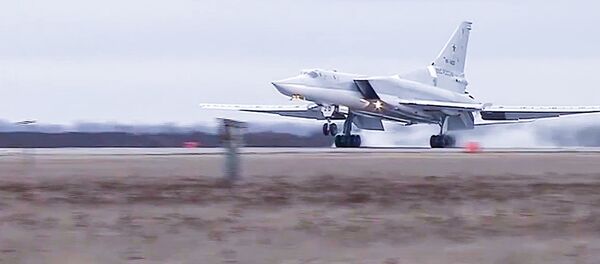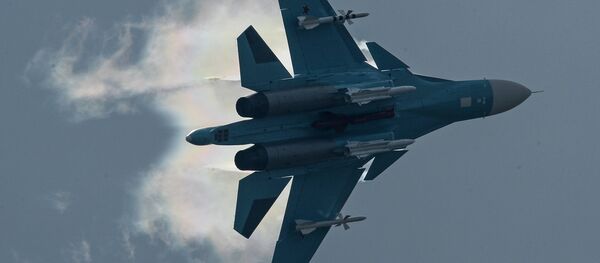“Electronic warfare — like much of America’s conventional warfighting capabilities — has been severely neglected during the twenty-five-year lull since the end of the Cold War,” he furthermore states.
Moreover, the author insists, for nearly fifteen years, the United States has been focused on counter-insurgency warfare in the Middle East rather than preparing for war against another great power.
The basic problem, however, is that Moscow has studied America's capabilities since the first Persian Gulf War and has learned lessons from those wars.
“Russia knows how we roll,” Breedlove said. “They have invested a lot in electronic warfare because they know we are a connected and precise force and they need to disconnect us to make us imprecise.”
However there are other areas of concern.
For example, “Russia’s increased underwater activity around the so-called Giuk gap, an area around Greenland, Iceland and the United Kingdom, where Russian submarines have been a more common presence.”
The US Navy simply does not have enough submarines to counter Moscow’s resurgent undersea fleet, Majumdar says. The problem will only get worse as the older Los Angeles-class attack submarines are retired without enough Virginia-class boats to replace them.
Therefore, Russia’s rightful presence in the region, as one of the eight Arctic nations, comes as a concern to the US general.
While apparently “very aggressive”, the Russians, however, remain in turmoil due to lower oil prices, western sanctions and the high cost of the US dollar, Gen. Philip Breedlove said.
Such a dual perception of Russia was once very well described by RT news channel blogger Bryan Macdonald, who has coined the phrase ‘Russophrenia’ to describe the condition “where the sufferer believes Russia is both about to collapse, and take over the world.”
He says: “Since 2013, instances of this ailment have reached epidemic-like proportions in certain parts of Washington, London and Brussels.”
Like the flu, Russophrenia is an illness which can strike anyone, but it is particularly prevalent among the West’s political and media elite.
And even President Obama couldn’t have missed it: having called Russia nothing more than a “regional power” before, he recently referred to it as “the second –most military power in the world.”
Russophrenia, the blogger states, is an illness in need of a cure.





